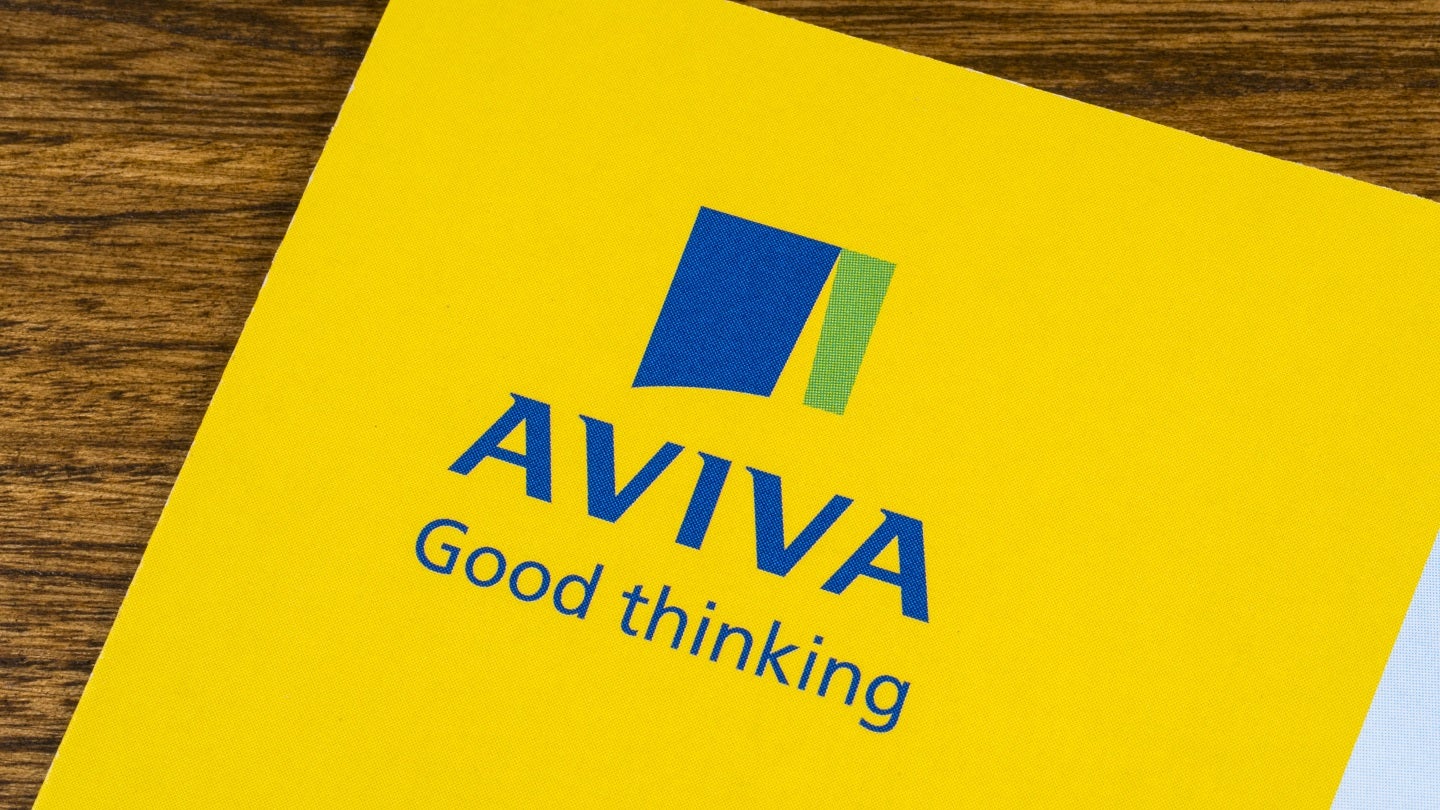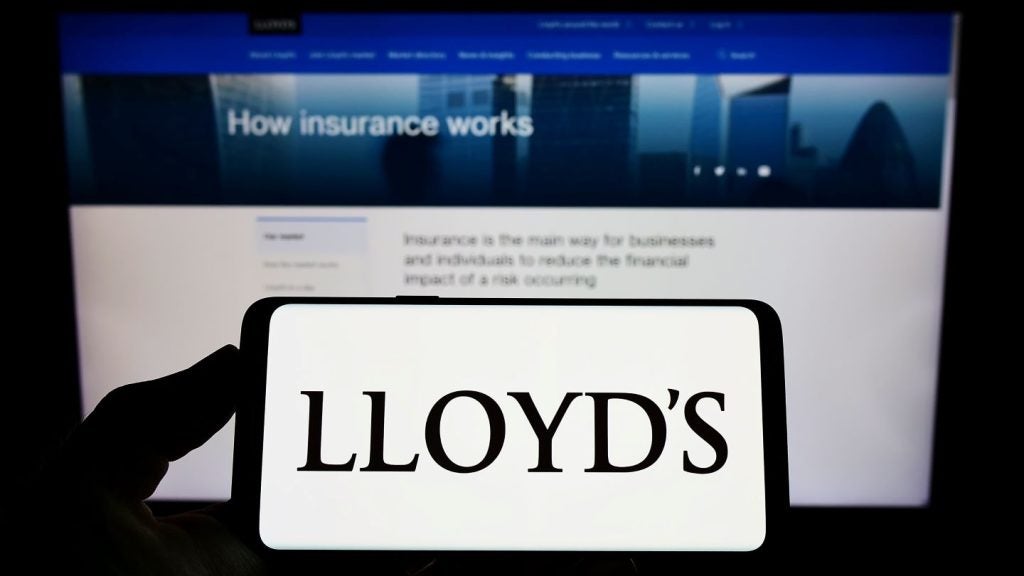
Aviva India is under scrutiny by Indian tax authorities for allegedly evading taxes and breaching commission regulations, reported Reuters, citing sources.
The Directorate General of GST Intelligence has issued a notice to Aviva, alleging the company used fake invoices and covert cash payments to circumvent rules capping sales agent commissions.
Between 2017 and 2023, Aviva India reportedly paid around $26m (Rs2.18bn) to entities for purported marketing and training services.
However, the tax notice alleges these services were never rendered, and the payments were a means to funnel funds to Aviva’s agents.
The tax agency’s notice also claims Aviva wrongly claimed tax credits using these invoices, evading around $5.2m in taxes.
Aviva’s spokesperson in the UK stated: “We do not comment on speculation or ongoing legal matters,” and declined to comment further.
Aviva India has not responded to the allegations, but a source close to the company indicated an intention to contest the claims, the publication said.
The investigation, which extends to more than a dozen Indian insurers, suggests potential tax, interest and penalty evasion totalling $610m.
The evidence includes communications between Aviva executives and insurance distributors discussing methods to bypass compensation limits.
Aviva India’s CFO, Sonali Athalye, detailed the payment process to tax officials.
The report also mentions a 2019 email, copied to then-CEO Trevor Bull, discussing payments exceeding regulatory caps, suggesting high-level awareness of the practices within Aviva.
The company could face penalties of approximately $11m, equivalent to its 2023 profit from life insurance sales in India.
Aviva, holding a 74% stake in its joint venture with Dabur Invest, considers India a key growth market despite stiff competition and a small market share compared with state-run LIC.
Requests for comment from Dabur did not elicit a response.
Bull and Athalye, along with Indian tax and insurance authorities, also did not reply to requests for comment.
Investigators have described Aviva’s tactics as an attempt to increase business and market share.
The insurance regulator had set commission caps for new policies at between 7.5% and 40%, with even lower rates for renewals, which Aviva allegedly exceeded through Over Ride Commission payments, disguised as marketing and sales expenses.
In one instance, Aviva paid a 17% commission in accordance with regulations but promised a total of 75% off the records, the report said.
The company also allegedly employed “agent mentors” who, instead of providing training services, issued fake invoices to facilitate additional commissions.







